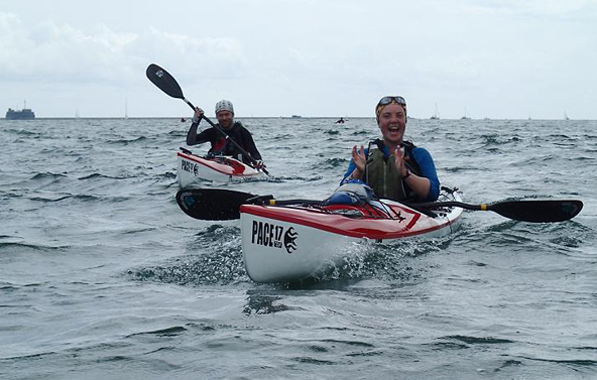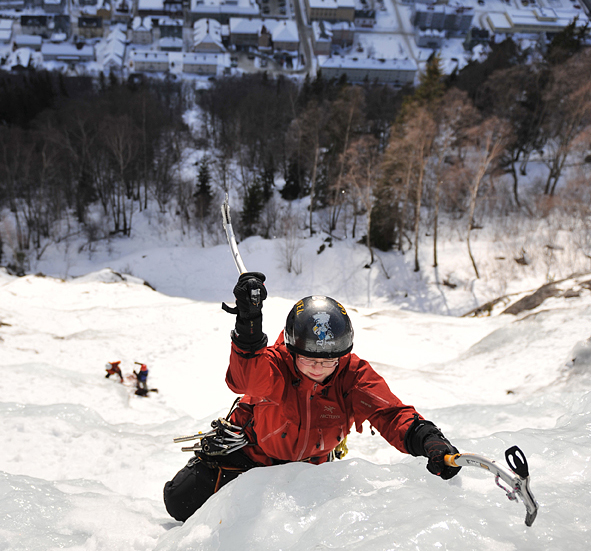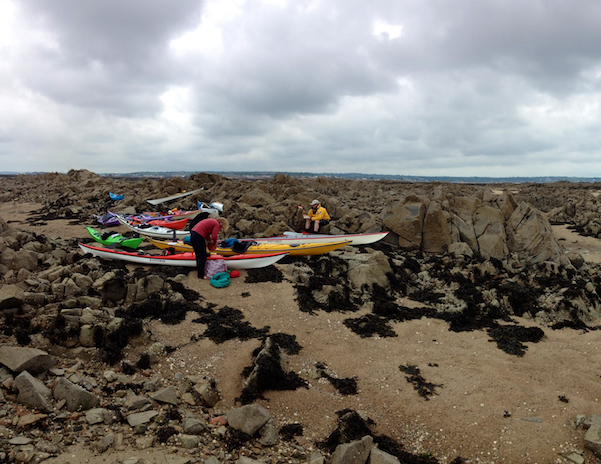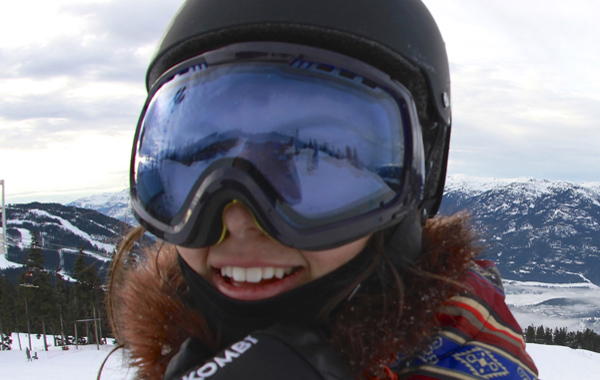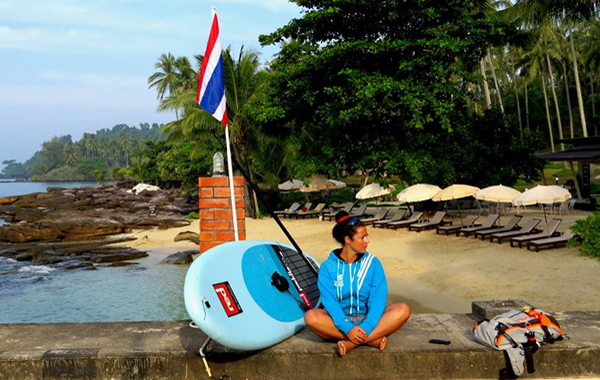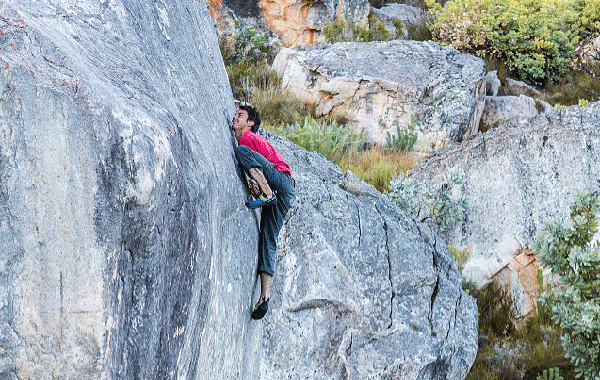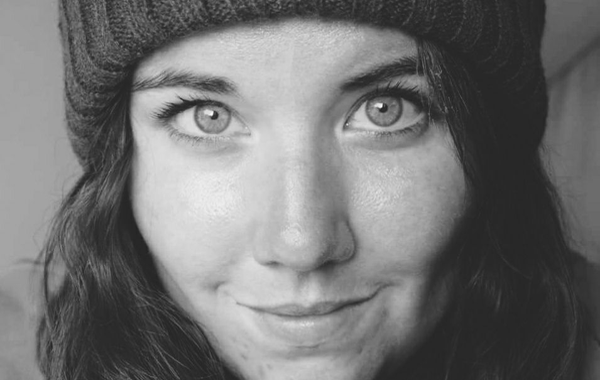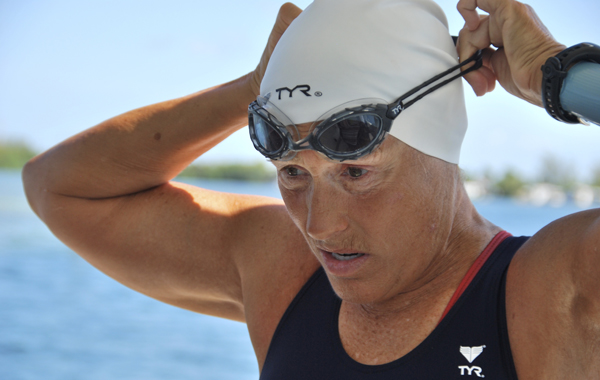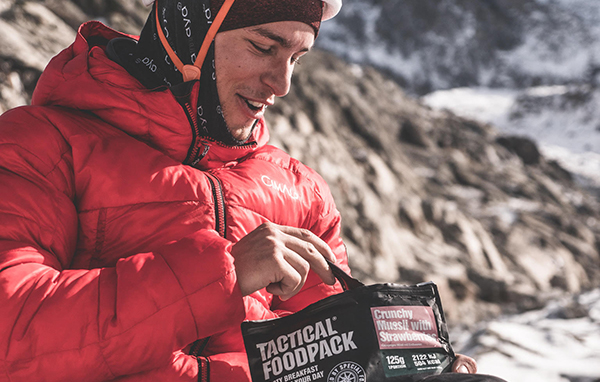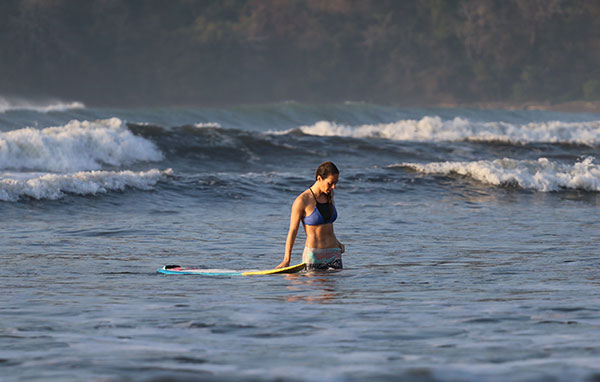MICHAL and Natalie Maderova are outdoor enthusiasts in every sense of the expression. Having met at university through their passion for climbing and adventures they later got together and have since enjoyed a life full of adventure.
From ice picking and skiing to hiking and climbing they continue to push themselves to the limits and look for new challenges all the time.
Their interest in kayaking, they circumnavigated the mainland of Great Britain, is made all the
more special by the fact they live on the River Thames allowing them to be prominent members of the local kayaking club for which Natalie also coaches.
We spent some time talking to Natalie to find out more about that incredible kayak around the UK and what it’s like to share all these intense and physical hobbies as a husband and wife team.
You share a passion for outdoor activities and extreme sports with your husband Michal. Were you both passionate about these sports before you met or did one have more of an influence over the other?
Michal and I met many years ago at university climbing wall. I was a mere beginner and he was one of the cool guys who could climb what we couldn’t even look at. However we got together much later, when I was already passionate about climbing and knew what I wanted to do it.
This worked very well. Although Michal was a much better climber, I was a more skilled skier, so from the beginning we learnt to learn from each other.
What sports are you most involved in and how do you get to train and take part in them while working full-time?
I was quite lucky and did not start working full time until my mid 20s. So until then there was always lots of time to go and climb, ski, or travel as much as one wanted. I used to work as a ski instructor, so anything skiing and in the winter was mine.
At university, when money wasn’t available, Michal and I used to just walk to the motorway and hitch. It would take us about 12 hours to get to the Alps and 24 to southern France. We also spent three months climbing in El Chorro in Spain living on a budget of 20 Euros per week for both of us. It took five days to get there and we stayed in a cave, cosy and dry.
Later, once we moved to the UK and started to work sensibly, the time got reduced. Fortunately I work as a teacher, so there are many holidays. London is also great for flying out of, so for many winter weekends, we used to go to Norway for ice climbing. It was faster and cheaper than Scotland for us.
But that was all before kayaking. One day, when Michal went climbing to the US, I went for half a day kayaking taster session and I was hooked. Originally we thought that with the sea being closer than rocks, we would need less time to do it. We were working and studying and naïve at that time.
We haven’t stopped since, trips, coaching, challenges; something is going on all the time.
Living on the River Thames gave you the inspiration to circumnavigate the mainland of Great Britain. How did the challenge go and what were the highs and lows?
It wasn’t as much as the Thames that inspired us to go around Britain. It was all Simon Osborne’s fault. He had done the circumnavigation back in 2003. We met him on our first week long kayaking trip, where he told Michal about it. Of course Michal was hooked. The fact that we couldn’t even paddle properly then, didn’t deter him. Two and half years later we left. The Thames inspired us to just leave from our doorstep and then to come back there some four months later.
The biggest challenge here was the decision to go, as we weren’t professional kayakers, both had a full time jobs and didn’t want to lose our flat as it has a garden, something that’s priceless in London. So for me, to sort this all out and persuade some equipment dealers that we aren’t just two crazy people without a clue was the biggest challenge. After that we just had to paddle. At the beginning we were slow and everything was hard work, daily packing, boat carrying, paddling.
Fortunately, here we used the years of experiences of being out and on the side of a road, so being out without a roof to go to wasn’t an issue.
We were very lucky that the most difficult day of our journey happened on the day six. After that it was all just fine. There were many harder days in terms of paddling, long distances, or not being able to land to eat or pee. On longer crossings we didn’t see the land for many hours. Most of the time we didn’t know where we would land for the night. A few times we had to paddle hungry due to change of conditions and us not having enough food handy. We had lots of headwind. I still think we had quite a lot of sun, only when I look back at the photos, there’s quite a lot of rain. We had some very challenging seas in which we’ve never paddled before. But overall after that day six, we were mentally ready, got stronger every day and truly enjoyed ourselves all the way through.
What are the pros and cons of being a husband and wife team?
When I asked this my husband, hoping he could help here, he said it’s a hard question. Being husband and wife team is great as we know each other, live with each other and know what we like, don’t like, what irritates us and can be together without needing to talk.
Where it becomes difficult is, when the husband comes with a great idea of a challenge and no one else wants to go with him. He then talks about it and talks about it, until I have to either move out or say yes and do it with him to get the peace back.
For example, we climbed Nuit Blanche (ice fall WI7 at that time), and did few other challenges together, when more sensible people said no.
What would you say your biggest achievement in extreme sports has been?
I can’t answer that. I don’t do extreme sports. Yes I climb and ice climb. I like solo climbing. I sea kayak and can cross across the sea without seeing the land. I ski, used to do ski acrobatics when younger, and love cross country touring. I am up to many challenges, but these aren’t extreme sports. That’s base jumping and extreme bike riding and all that, I don’t have guts for that.
However what I like, is to share my passion with others. And often I get sense of achievement if I get others to go and do these things with me and enjoy them. So I keep introducing friends to climbing and skiing and I coach kayaking.
You spent Christmas in Jersey. Did you manage to get out in your kayaks and if so how was the experience?
Jersey is an island in the English Chanel that has an enormous tidal range. Something I still find surprising is the difference between high and low tide and how it changes the landscape. Jersey was great. We had been doing a lot of coaching recently, which meant we didn’t get to paddle as we wanted to for a while, but here we could. We paddled for three hours max each day, and indulged in rock hopping, surfing and cliff jumping. Okay, we scraped few boats and broke a paddle yet it was great, really cold and sunny.
How do you intend to spend 2015 in terms of outdoor activities and adventure and are there any specific goals or challenges you have set yourselves?
This year will be mainly about sea kayaking again. There are few things I would like to do. One is to undertake few more challenges involving women only teams. For example, my friend Esther and I want to paddle around Isle of Wight as fast as we can in one go. It’s about 90 km and we have to get the timing around the tides right. We are hoping for 12 hours max. And there are few more places we can try to push ourselves. I never train for any of these, just go and do it.
I am also participating in organisation of few kayaking events, which is hard work to start with, but great fun when it’s happening.
Michal and I are also planning another longer trip. I managed to secure a leave from work for few months, so we are planning to spend seven weeks kayaking. But I can’t say more at the moment, as it is still in preparation. However if we manage to pull it off, we would go to places where not many kayakers have been.

